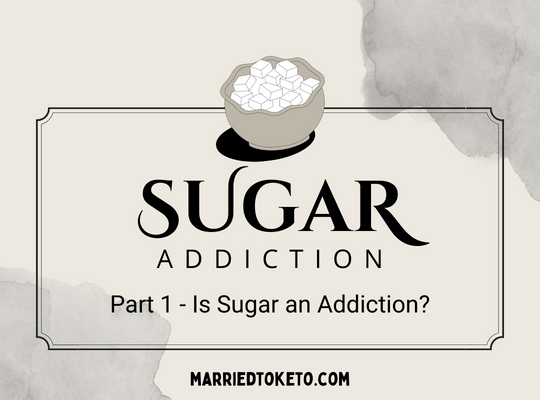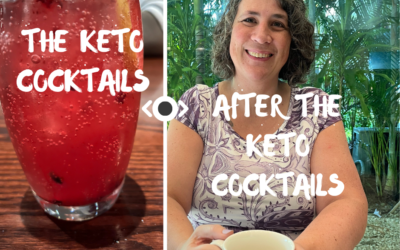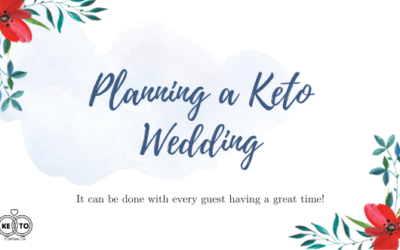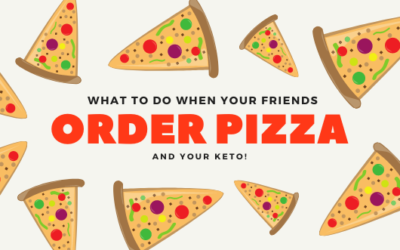If you’ve been reading our blog, you will know that I have a real hate for sugar. I’m not talking the natural sugars found in fruits and vegetables, I’m talking the addition of sugar in otherwise healthy products that keep us wanting more and more of the sweet stuff. In this series, I’m going to look at the good and bad about sugar. Our first blog on the topic looks at sugar addiction – is it a real thing?
What is an Addiction?
The Web MD site does a good job of breaking down what makes an addiction. You are considered addicted to a substance if you crave it. It’s when you want to cut down or stop, but you just can’t manage to do it. You often will take more of it or take it more often than you intend to. It often negatively affects other parts of your life, and you use it, even when it puts you in danger. When you stop using the substance, you experience physical, cognitive, and/or behavioural symptoms.
While sugar is not commonly listed as an addictive substance, let’s look at the above criteria. The more you eat of sugar, the more you crave it and you often eat more of it than you intend. It’s hard to cut down or stop eating it. It negatively affects your health and we know it is linked to obesity, which negatively affects your life. When you stop eating sugar, you will experience real physical withdrawal, including low energy and headaches.
Does it put you in danger but you keep eating it? Sure does. Bill and I were both at very real risk of developing Type 2 diabetes, and we kept eating sugar. In fact, we ate a lot more than we realized because of the amount of foods that add sugar. We simply could not stop. Now, is a sugar “addiction” at the same danger level as an addiction to heroin or cocaine? No, of course not. But it does certainly meet a lot of the criteria of addictions, and I think should be on the same level as caffeine, which is often listed as an addictive substance.

How Sugar Addiction Affects your Brain
Your brain sees sugar as a reward, and it keeps wanting more. Sugar is quickly turned into glucose in your bloodstream. The natural sugars found in fruit, vegetables, and some dairy also contain fiber, so it slows that process down. Added sugar is a quick process, so it gives you that energy “high.” The problem is that as quickly as it gives you that high, it then crashes because it doesn’t last. Then, your body looks for more and craves that high again.
What about sweeteners? Most don’t spike your blood sugar, so they don’t give you that high. That being said, it does keep your taste buds wanting the sweeter foods, and can easily be a slippery slope to eating added sugar again.
Our Experience with Sugar Addiction
Bill and I were self-proclaimed sugar addicts. In fact, at one point in my life, I was eating a chocolate bar and drinking a can of Pepsi every single day. When we started keto, I went through serious withdrawal. I had headaches, and I was exhausted because I was not giving my body that sugar high. It was so hard to give up sugar, as well as starches, which also give you a similar sugar high. I craved sugar constantly.
As we continued our sugar-free journey, I found that suddenly I wasn’t craving it so much. More than that, I was enjoying different foods than I used to eat. Now, I like spicier foods. I can taste different flavours than I did before when all I could taste or wanted to taste was sweetness. I drink my coffee without sugar or sweeteners and I enjoy my butter chicken and spicy keto chili. It’s like a whole new world was opened up to me.
Once in a while, we have a hard day, and we fall into our old habits of craving sweets as a way to cope with stress. We use keto-friendly treats in these times, but we can find it leaves us craving the sweeter foods. It’s a stark reminder of the dangers sugar poses.
Wendy





